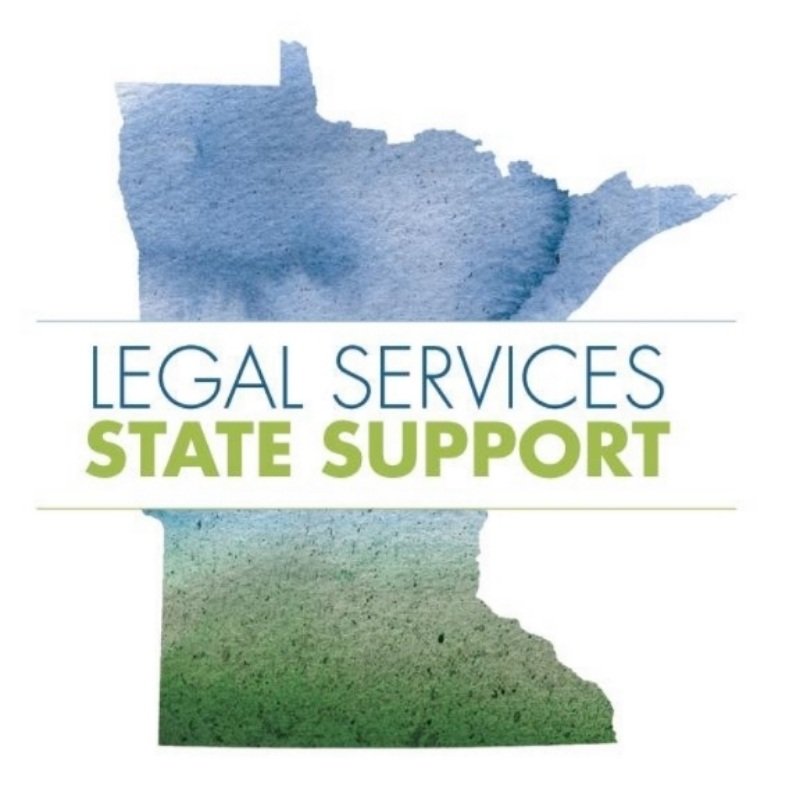Can a third-party utility biller legally disconnect a tenant's power? That question is at the heart of a case that Mid-Minnesota Legal Aid (MMLA) will appeal on behalf of their client whose housing hangs in the balance. The landlord had its contractor shut off the electricity when MMLA’s client was behind in her utility payments. Now that client faces eviction for violating her lease in an attempt to restore power to the unit herself because she believed the shut-off was illegal. Even with Minnesota’s cold weather rule preventing utility shut offs between October 1 and April 30, there are questions about whether it applies to landlord contractors as well as utility companies.
MMLA’s client lost her housing court case and was found to have violated her lease, but the eviction is on hold during the appeal. MMLA’s appeal will question the application of the cold weather rule beyond public utilities like Xcel Energy and CenterPoint Energy. The Public Utilities Commission did not offer comment on the legality of third-party disconnections during the cold weather months.
MMLA staff attorney Gary Van Winkle noted that third-party billers, such as the one hired by his client’s landlord, often add fees that are confusing to tenants and that quickly add up for those struggling to make payments. "Her bill after about four months was about $800," Van Winkle said. "This is for someone who was living in a subsidized property paying very low rent, and this billing dwarfs her other living expense overhead by quite a bit." Read more in Case of evicted Minneapolis tenant poses questions about legality of power shutoffs in the Star Tribune.



